What Is Income Tax & How Does It Work?
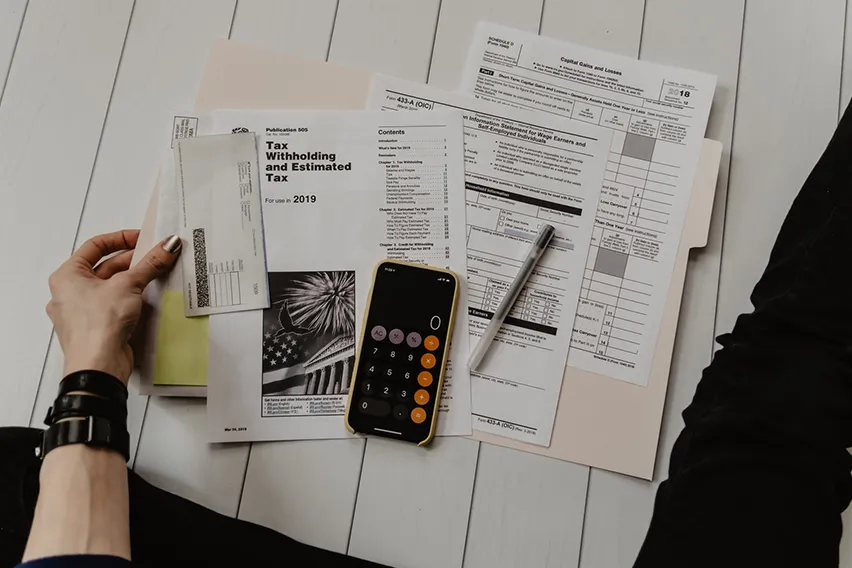
There are three things in life that are certain: birth, death and taxes.
One of these is your income taxes – a form of tax that UK workers pay the government based on their income.
Understanding how income tax works can seem daunting and confusing, especially if you’re just starting out. But understanding the tax system and your personal allowance will help you to figure out how much you will actually earn and help you budget.
So what exactly is income tax and how does it work? Let’s take a closer look.
Here’s What We’ll Cover:
What Is Income Tax?
Income tax is a tax paid to the UK government based on your annual income.
The tax is collected by HM Revenue & Customs, or HMRC, and is the main source of government revenue. The money collected is used to provide funding for public services such as education, welfare and the NHS. It’s also used for public use such as road construction, housing and railway maintenance.

Who Pays Income Tax?
Income tax applies to almost all types of income. This could be the salary you earn from your job, profit earned from your business if you are self-employed, or even rent you receive if you are a landlord.
Corporations, estates and other entities are also required to pay tax on any profits they make.
How Is Income Tax Calculated?
The tax system is made up of different brackets. Your income tax will then be calculated depending on which bracket you belong to. The way the system works in the UK means that the more you earn, the higher your tax bracket will be. This means you’ll pay a higher amount of income tax.
The system is designed to create a fair and equal system so that people who earn more money will have a higher taxable income.
What Are the Brackets?
There are four brackets that make up the UK tax income system. Each bracket has a different tax rate. They are as follows:
Personal Allowance
Every earner has a personal allowance. So for the first £0 to £12,570 that you earn in a year, you will pay 0% on your income.
Basic Rate
The basic rate is the tax paid from £12,571 to £50,270. This income will then be taxed at 20%.
Higher Rate
The higher rate of tax is what you pay for any amount earned between £50,271 to £150,000. This is taxed at 40%.
Additional Rate
The final bracket for any amount earned over £150,000. This is taxed at 45%.
How Is Income Tax Calculated?
There is a common misconception that if you earn £150,000 a year then you will have a tax payment of 45% on your £150,000.
In fact, you don’t pay income tax at the same rate on all of your income. You will only have to pay the rate of income tax on your income throughout each bracket.
For example, this is what your annual income tax returns would look like if you earned £52,000 per year.
Up to £12,570
0% – No tax deduction
Between £12,571 and £50,270
20% tax rate on the amount earned between these numbers.
£50,270 – £12,570 = £37,700.
20% of £37,700 = £7540.
Between £50,271 and £150,000
40% on the final £2,000 of income.
£52,000 – £50,270 = £1,730.
40% of £1,730 = £692

Total Tax Paid on £52,000 per year
£0 + £7540 + £692 = £8,232
With these calculations in mind, for an income of £52,000 per year you would have a maximum payment of £8,232.
As we previously mentioned, some people mistakenly believe that if you have a salary income of £52,000 a year you will pay all of your tax in the 40% bracket. But in truth, you actually are only paying 40% on the final £2,000 of your income.
Key Takeaways
The UK tax system can seem confusing and at times slightly overwhelming. But it’s important to understand what you are required to pay and whether you are eligible for any form of tax refund.
It’s also important to understand that the income tax isn’t a blanket rule. You can claim a number of tax benefits as there are a number of tax free and taxable state benefits.
There are also different rules depending on a number of factors. This could be your family size, whether you have made any charitable deductions or whether you are filing a joint return or an individual income tax return.
Are you looking for more business advice on everything from starting a new business to new business practices?
Then check out the FreshBooks Resource Hub.
RELATED ARTICLES

 Difference Between Flat Rate Vat Vs Standard Rate Scheme
Difference Between Flat Rate Vat Vs Standard Rate Scheme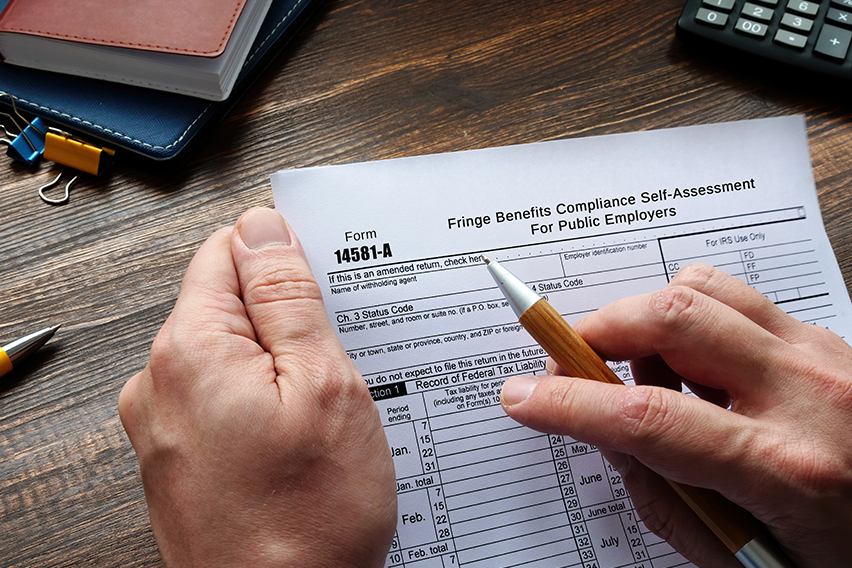 How Do I Pay My Self Assessment Tax Bill?
How Do I Pay My Self Assessment Tax Bill?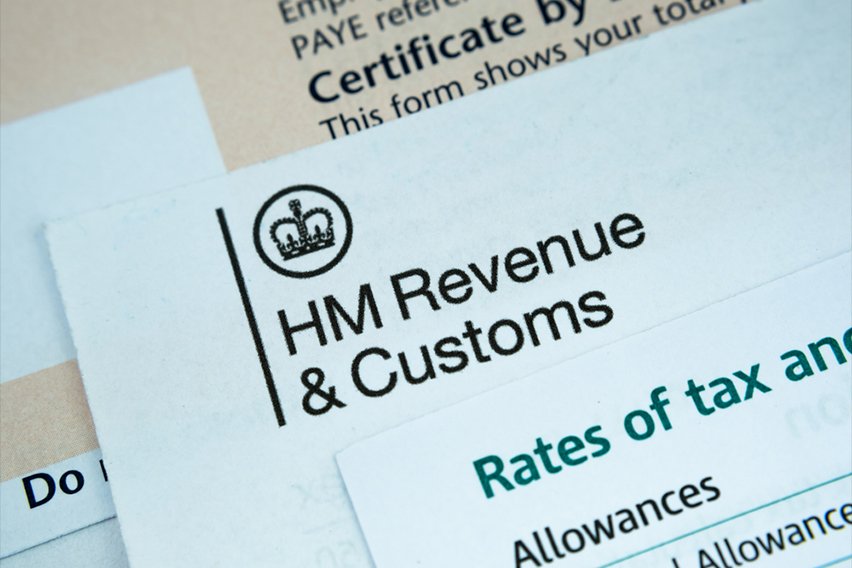 How to Use P87 HMRC Form to Claim Tax Relief?
How to Use P87 HMRC Form to Claim Tax Relief?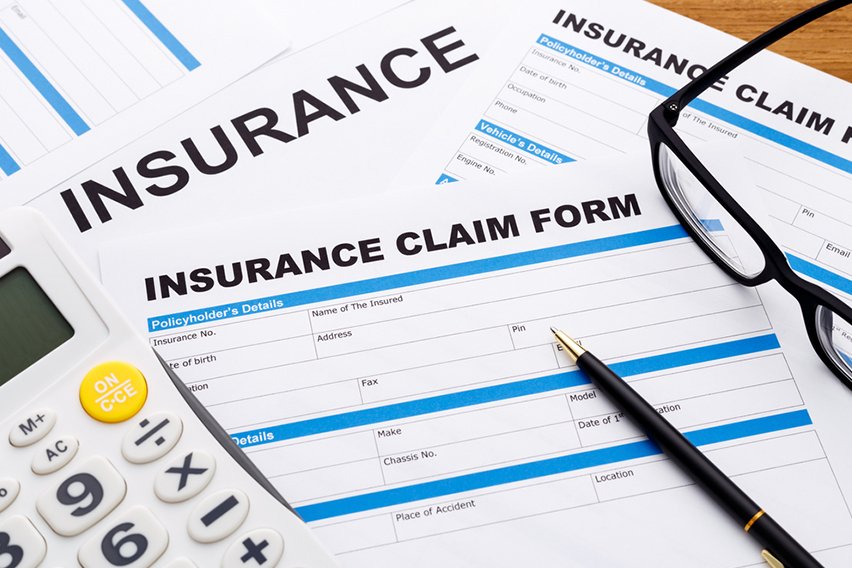 SEISS – What It Is and How To Claim It
SEISS – What It Is and How To Claim It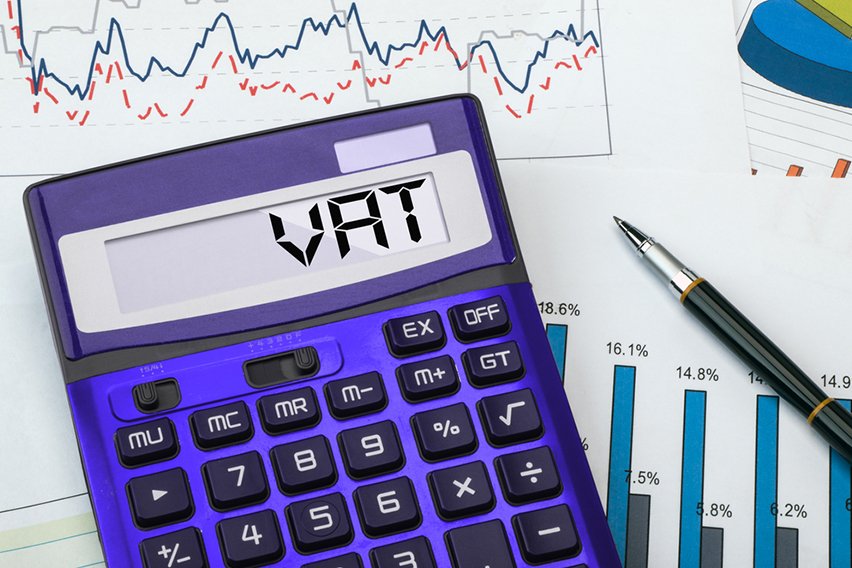 What Is the VAT Reverse Charge for Construction Work?
What Is the VAT Reverse Charge for Construction Work?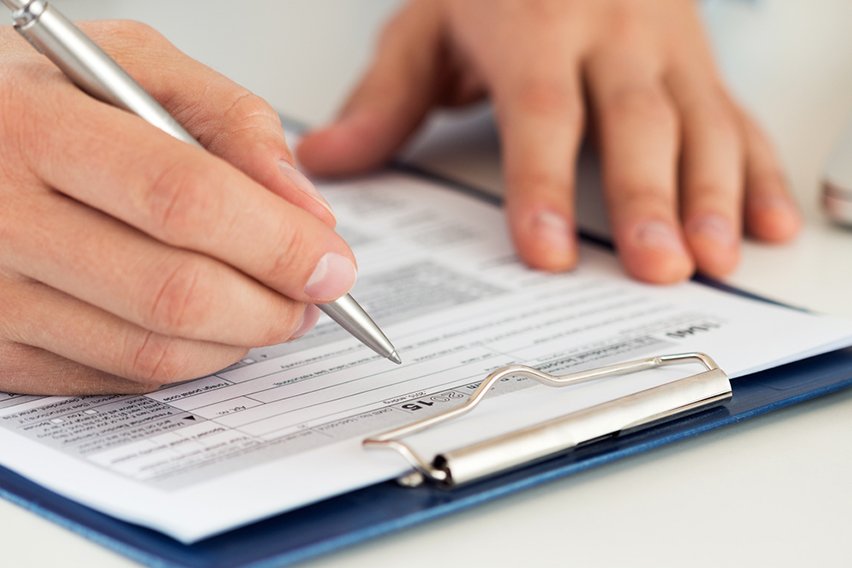 What Is Outside IR35?
What Is Outside IR35?